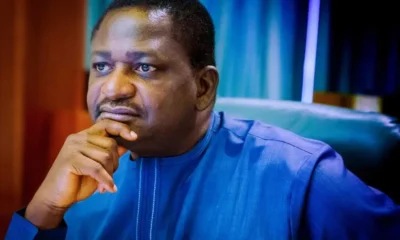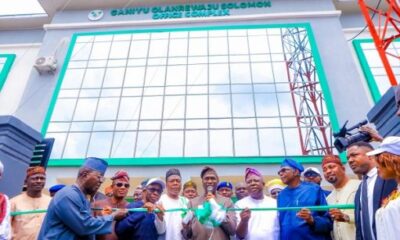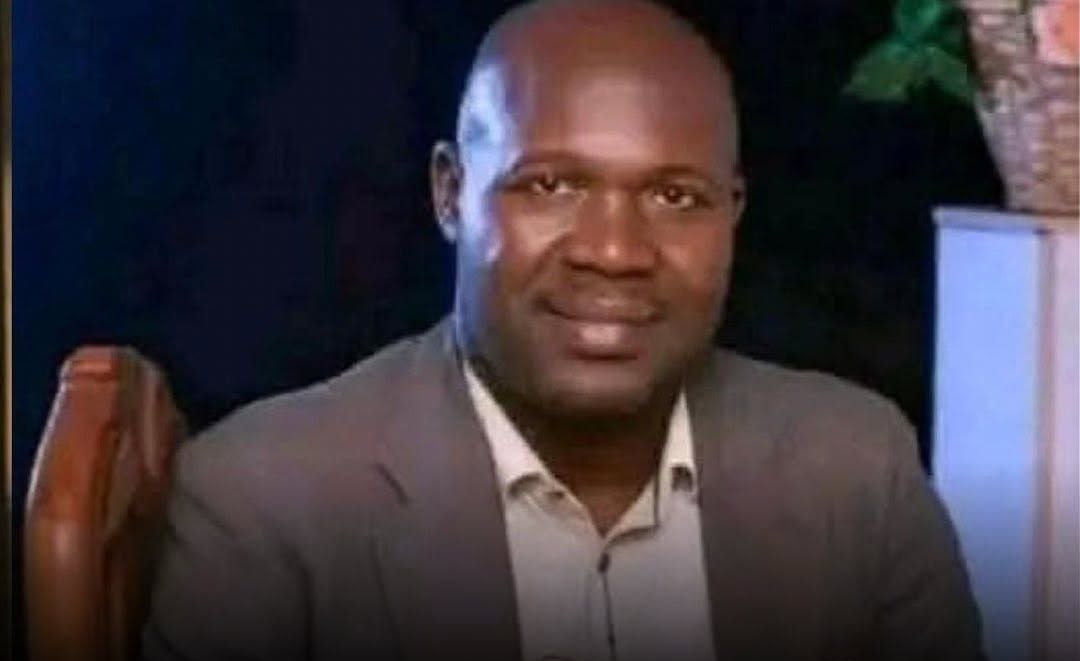BIG STORY
Nigeria’s Dangote Refinery Will Transform Our Downstream Sector — Ghana Petroleum Authority

BIG STORY
Court Jails Gospel Singer Moses Otitoju, Eight Others For Cybercrime
BIG STORY
Kogi University Lecturer Dies During Sex Romp In Hotel Room With 200-Level Student
BIG STORY
FULL LIST: Tinubu Appoints IBB’s Son, Muhammad Babangida Chairman Bank Of Agriculture, Others As Heads Of Govt Agencies
-

 BIG STORY3 days ago
BIG STORY3 days agoRCCG Pastor Absconds With $8000 Church Money, Abandons Wife, Marries New One
-

 BIG STORY5 days ago
BIG STORY5 days agoAmaechi Wears Turban To Buhari’s Burial In Daura
-

 BIG STORY2 days ago
BIG STORY2 days agoFULL LIST: Tinubu Appoints IBB’s Son, Muhammad Babangida Chairman Bank Of Agriculture, Others As Heads Of Govt Agencies
-

 BIG STORY5 days ago
BIG STORY5 days agoAliko Dangote Submits Paperwork To Build Biggest Seaport In Nigeria
-

 BIG STORY3 days ago
BIG STORY3 days agoKeyamo Faults Atiku’s Use Of Coat Of Arms In PDP Resignation Letter, Says “You Left Office 18 Years Ago”
-

 BIG STORY2 days ago
BIG STORY2 days agoBuhari Never Wanted To Congratulate Saraki, Dogara After Emerging Senate President, Speaker — Femi Adesina
-

 BIG STORY5 days ago
BIG STORY5 days agoWhat Buhari Told Me About President Tinubu After Fuel Subsidy Removal — Katsina Governor Radda
-

 BIG STORY2 days ago
BIG STORY2 days agoLagos Unveils Nigeria’s First Local Government Owned Radio Station [PHOTOS]


















